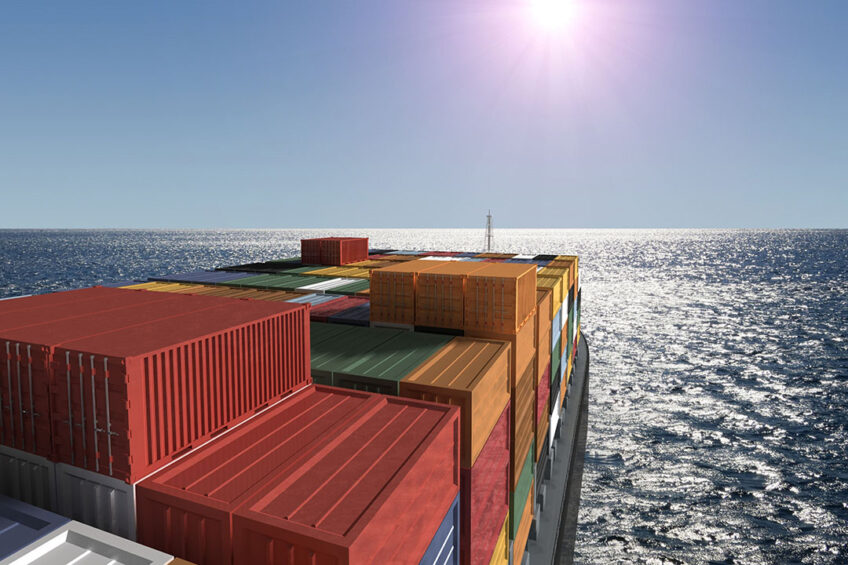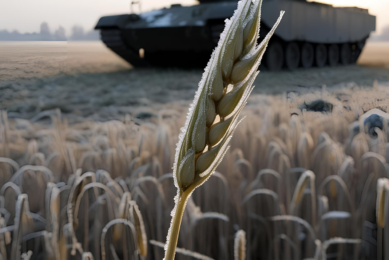The recent grain deal extension could be the last one

Russia may not greenlight the extension of the Black Sea grain deal beyond July unless certain steps to facilitate its export of agricultural commodities are taken, a source close to the negotiations told Russian state news outlet Tass.
Russian government officials and market players have been repeatedly expressing their dissatisfaction over Western sanctions hampering agricultural export from the country. The Black Sea grain deal should have helped remove the key restrictions, but this has not happened yet. The source said that the Russian authorities hope this will change before the recently renewed deal expires.
“Russian exporters are experiencing difficulties in receiving payments and with insurance, while the access of Russian ships and cargo to European ports is limited, and Rosselkhozbank – the bank that services Russian agricultural exports- is still disconnected from the SWIFT international payment system,” Tatyana Litvinenko, head of the Russian Zerno On-Line analytical service told local press.
Overcoming oversupply
Sanctions weighed heavily on the Russian agricultural industry. The country now has around 25 million tons of unsold grain stuck in warehouses, said Anatoly Tikhonov, director of the Russian Centre for International Agribusiness and Food Security.
“It lies dead weight in the warehouses of agricultural producers and processors due to a lack of available sales markets,” Tikhonov said, adding that unsold grain creates problems for Russian agricultural producers: the more it lies in warehouses, the more it loses quality and price.
“[Russian] agriculture does not benefit from last year’s large harvest. Because the costs of collection and storage eat into working capital that could be used to upgrade the equipment fleet, service loans and collect new funds for this year’s harvest,” he added.
Russia’s list of demands
The key requirements Russia puts forward to renew the Black Sea grain deal next time is to connect Rosselkhozbank back to the SWIFT network and to re-launch the Togliatti-Odesa ammonia pipeline, Grigory Karasin, Chairman of the Federation Council Committee on International Affairs said. So far, there is no visible progress on either of these parts.
Before the military conflict in Ukraine, Russia used to export 4.4 million tons of ammonia a year – 20% of global seaborne trade. Togliatti-Odessa pipeline, a large part of which passed through Ukraine, played a crucial role in export.
Kyiv would consider allowing Russian ammonia to transit its territory for export on condition the newly-renewed Black Sea grain deal is expanded to include more Ukrainian ports and a wider range of commodities, a government source told Reuters. So far, only 3 Ukrainian ports are allowed to export agricultural commodities under the Black Sea grain deal. Ukrainian officials consistently claimed that they wanted the list of ports greenlighted to participate in the deal to be expanded.











